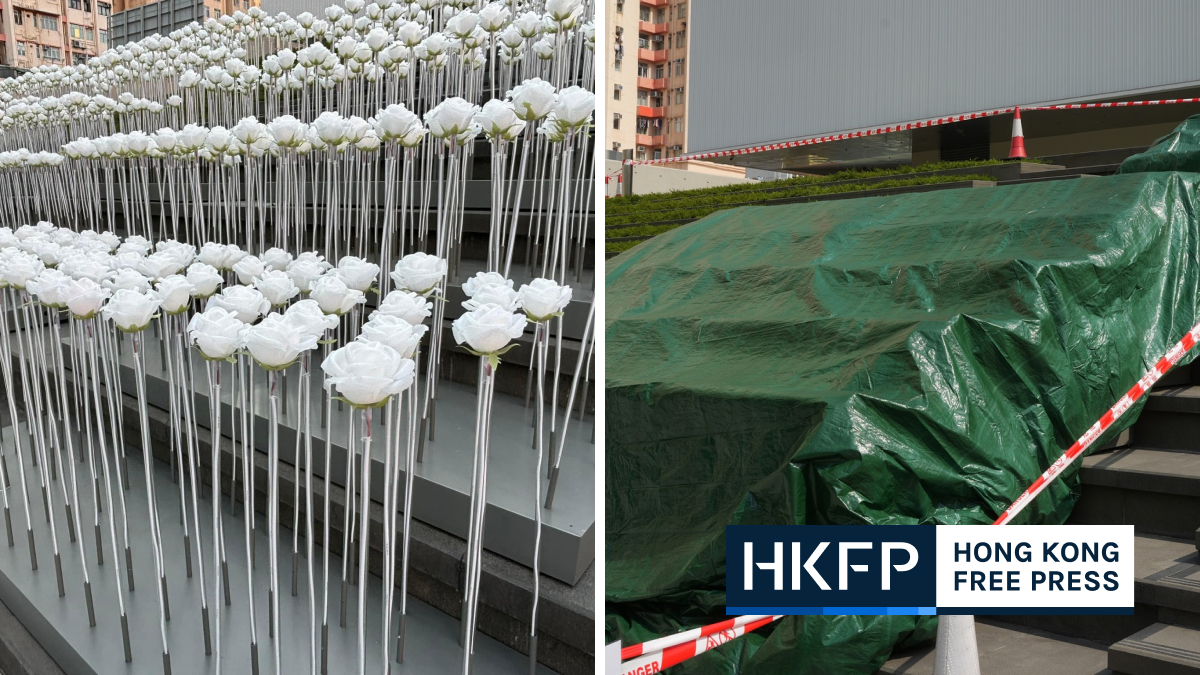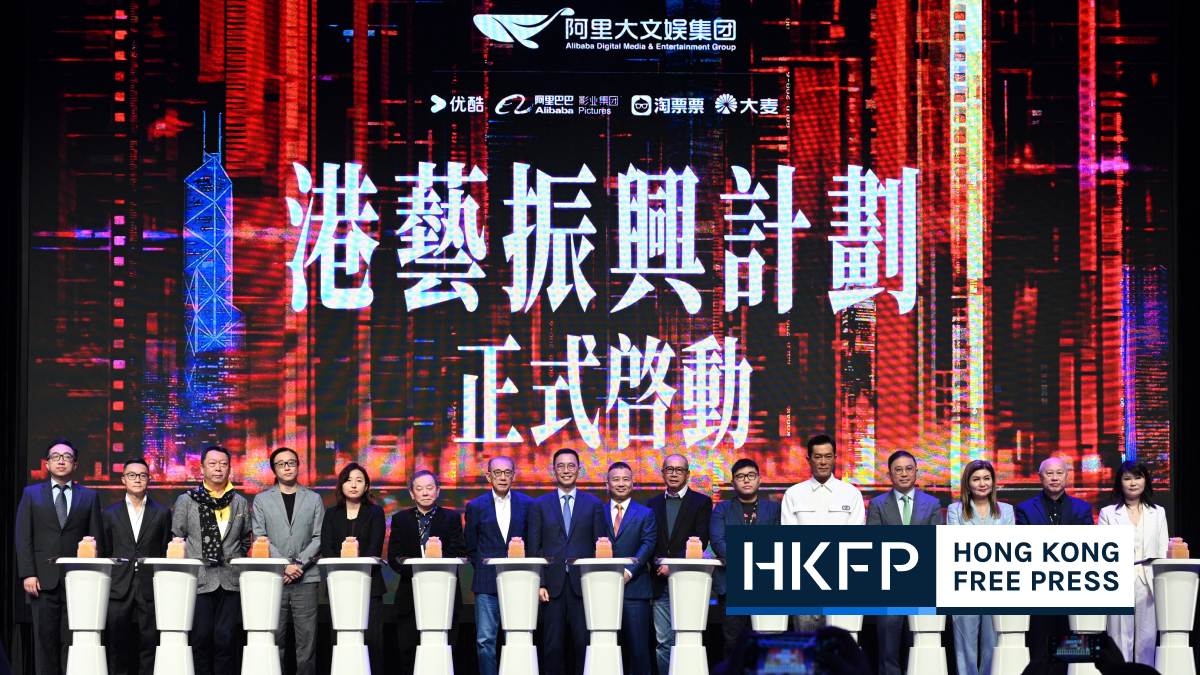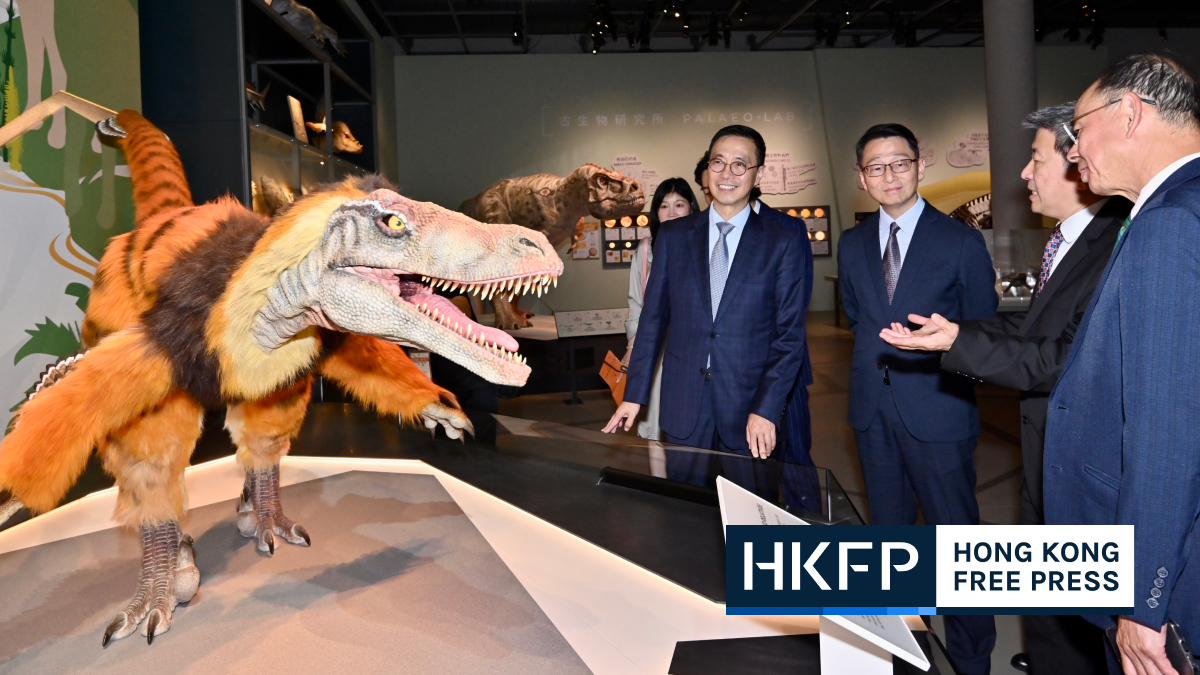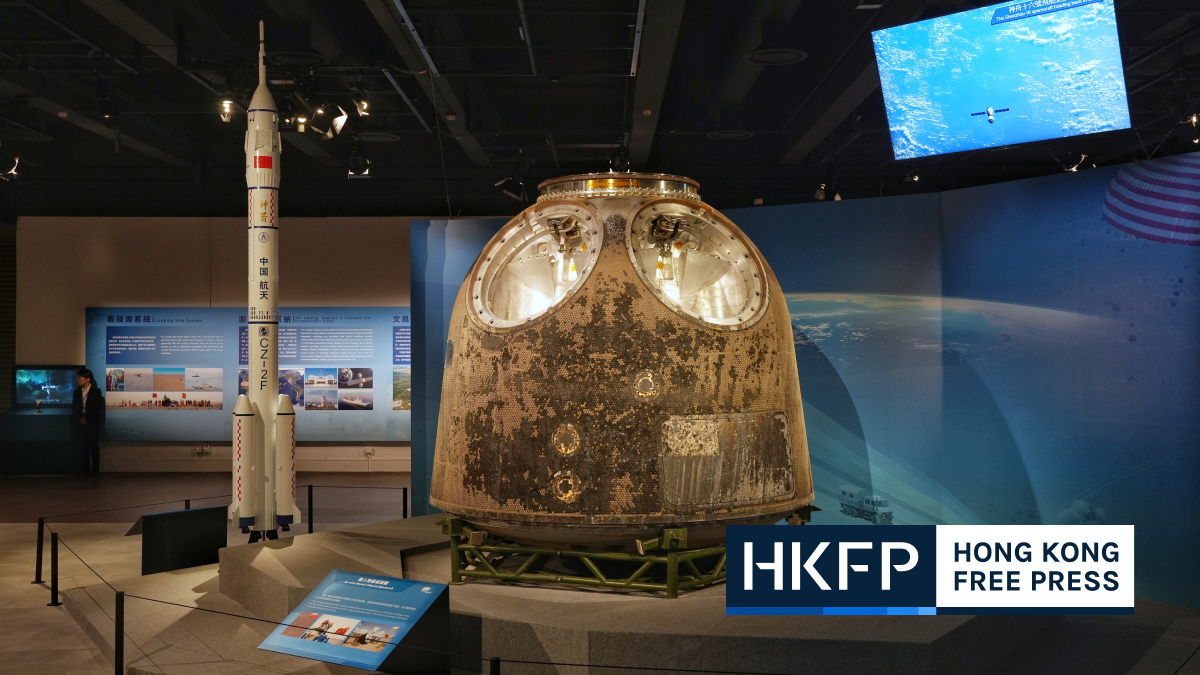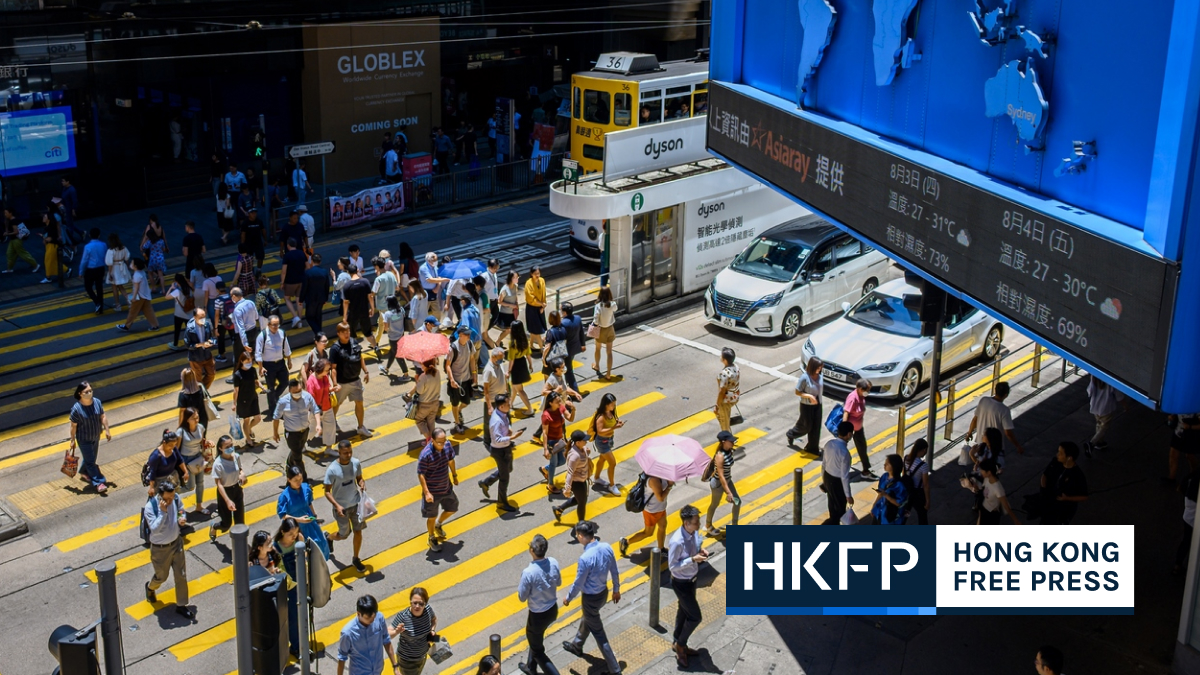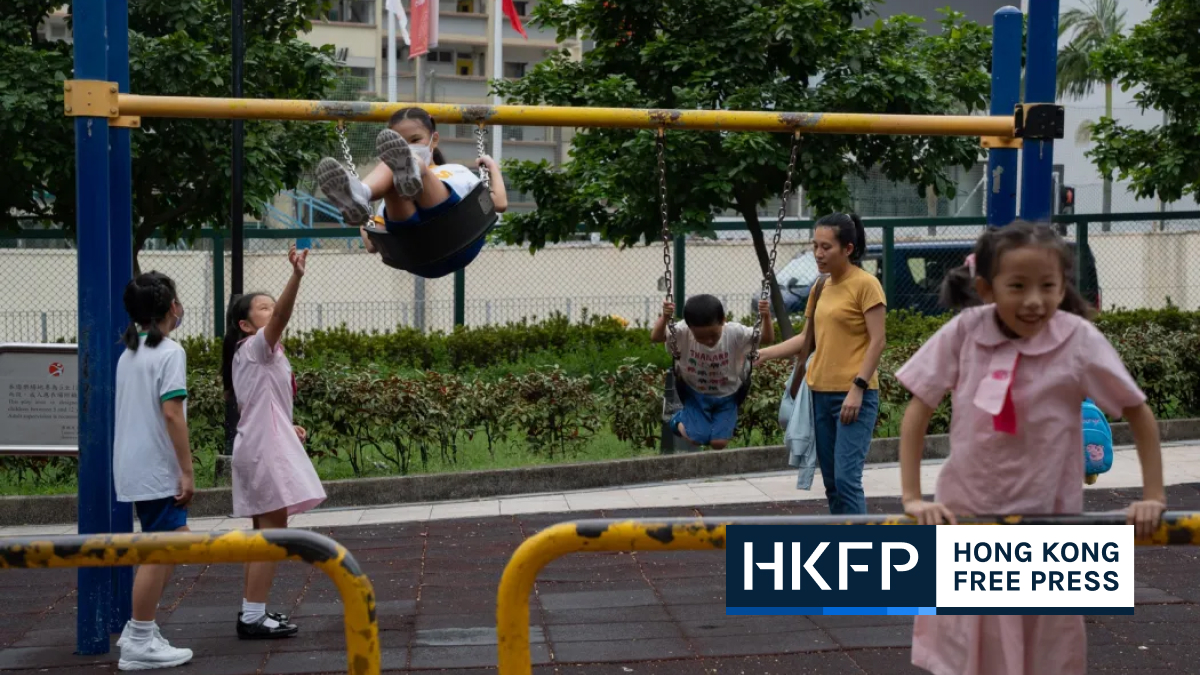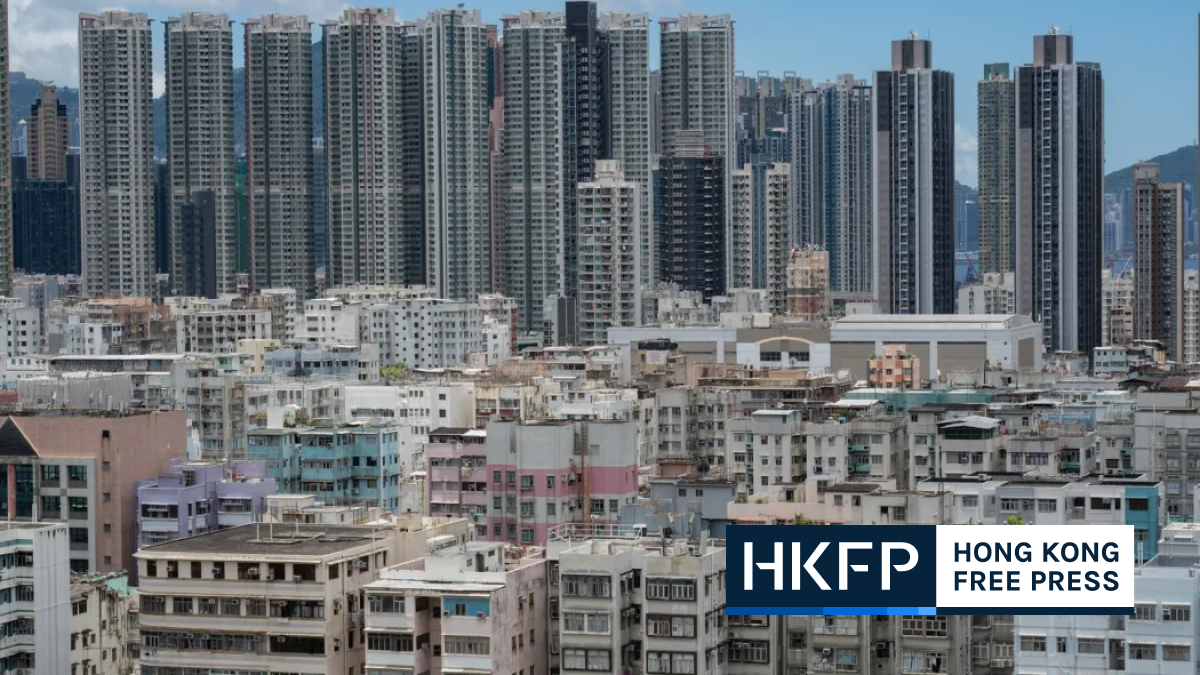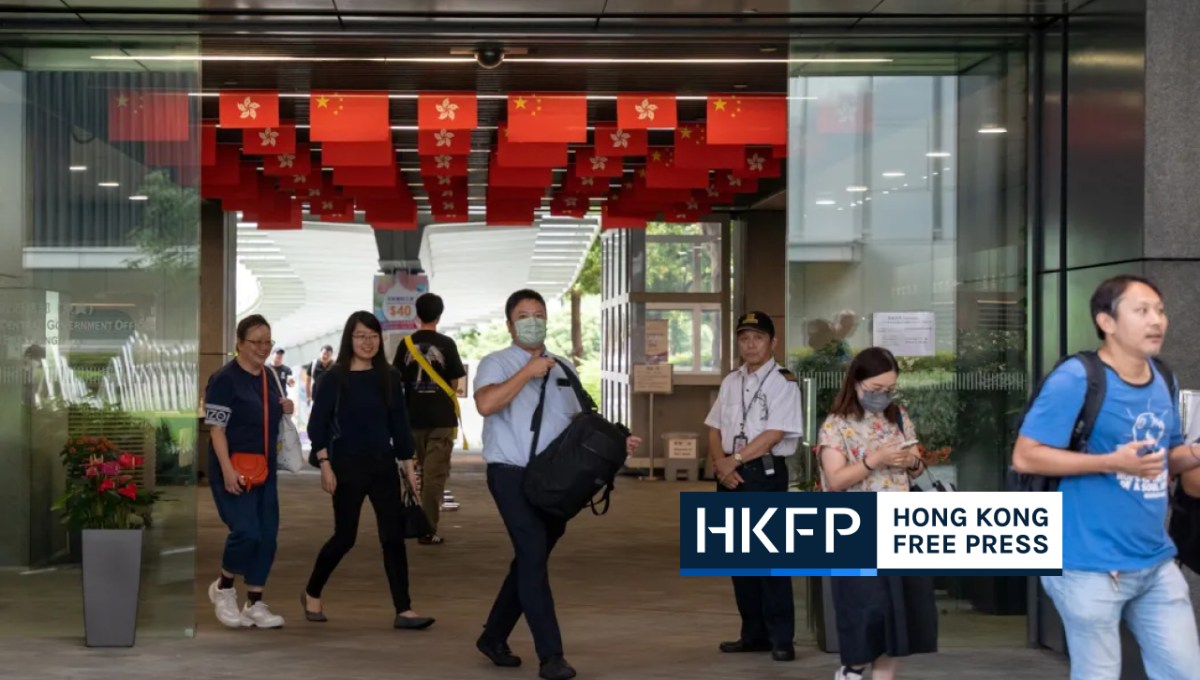Hong Kong will enhance initiatives designed to attract professionals to the city, Chief Executive John Lee has said, including reviving a suspended investment migration scheme and expanding a visa route for graduates of top international universities.

Delivering the second Policy Address of his term as the city’s leader on Wednesday, Lee said that “measures… launched last year to attract enterprises, investment and talents have generated positive results.”
To “strengthen the development of our asset and wealth management business, financial services and related professional services,” Lee announced that the government would reintroduce “the Capital Investment Entrant Scheme” to attract high earners.
Under the scheme, those who invest HK$30 million or above in assets such as stocks, funds, bonds can apply for entry to Hong Kong. Real estate investments are not included, while more details of the scheme would be announced by the end of the year.
Hong Kong introduced the Capital Investment Entrant Scheme, commonly known as the investment immigration scheme, in 2003. The scheme was suspended in 2015.

The city’s leader also said that the government would expand the Top Talent Pass Scheme, which was introduced in Lee’s policy address in 2022 to attract top university graduates and high earners.
From November, degree holders who graduated from 184 top universities around the world will be eligible to apply for the two-year visa, without first needing to secure a job offer, up from 176.
Lee did not specify which eight new universities will be added to the list.
Since the top talent lane opened in late December, around 39,000 visas have been granted, with 90 per cent going to applicants from mainland China.
Hong Kong will also relax visas for Vietnamese, Laotian and Nepalese people with immediate effect.

In addition, non-local students of designated full-time professional Higher Diploma programmes of the Vocational Training Council will be allowed to stay in Hong Kong for one year after graduation to seek jobs relevant to their disciplines. Lee said the move would “alleviate the manpower shortage in skilled trades.”
“We must nonetheless sustain our efforts to strengthen Hong Kong’s competitiveness in view of the fierce global competition, ” Lee said.
After launched an online platform for Hong Kong Talent Engage last year, Lee said a physical office would be set up by the end of October to provide support for talent upon their arrival.
Emigration wave
Since 2020, Hong Kong’s workforce has shrunk amid a wave of departures overseas by around 140,000. The city recorded three straight years of population decline, including its largest-ever mid-year drop in population in 2022, according to official statistics.
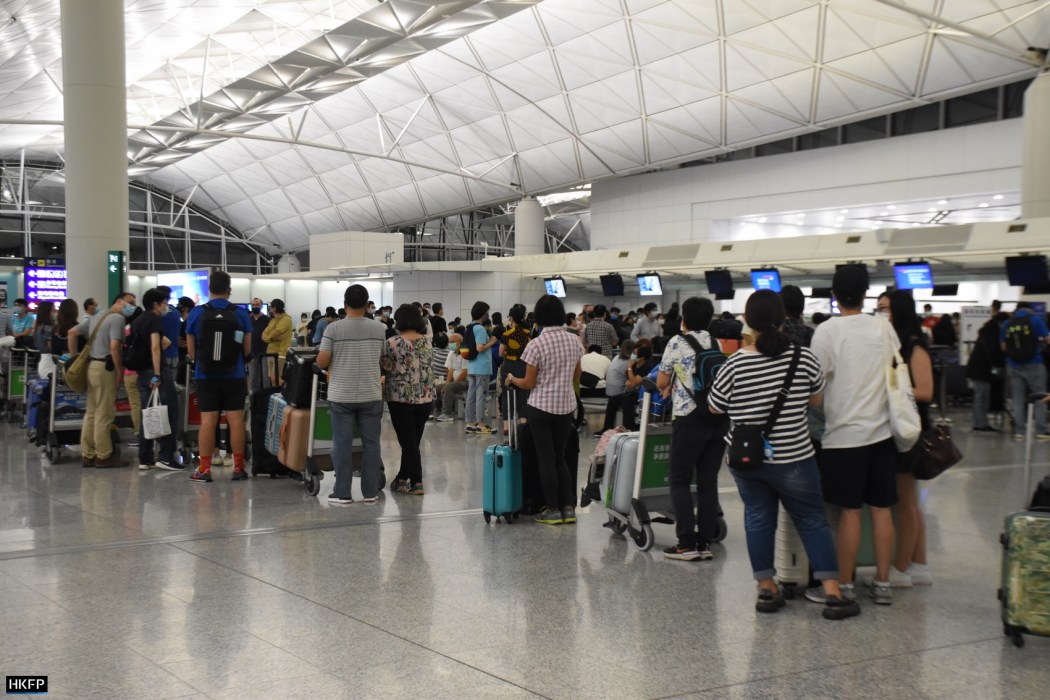
There are no official figures on whether departures are permanent and it is difficult to measure the extent of the brain drain. However, more than 144,500 Hongkongers moved to the UK within the first two years of the British National (Overseas) emigration scheme.
Student vacancies at schools and the withdrawal of pension funds have all seen an uptick, and the exodus is being felt across sectors from banking to education.
See also: Explainer: How to measure Hong Kong’s mass exodus
While officials largely put the figures down to a “natural” decrease – Hong Kong has the lowest fertility rate in the world and a rapidly ageing population – the fall has coincided with the implementation of the national security law and stringent Covid restrictions, which put many expatriates off remaining in the city.

To combat the exodus, Lee’s administration has introduced a raft of visa schemes designed to lure talent to the city and plug gaps in construction and transport with imported labour.
Support HKFP | Policies & Ethics | Error/typo? | Contact Us | Newsletter | Transparency & Annual Report | Apps
Help safeguard press freedom & keep HKFP free for all readers by supporting our team


